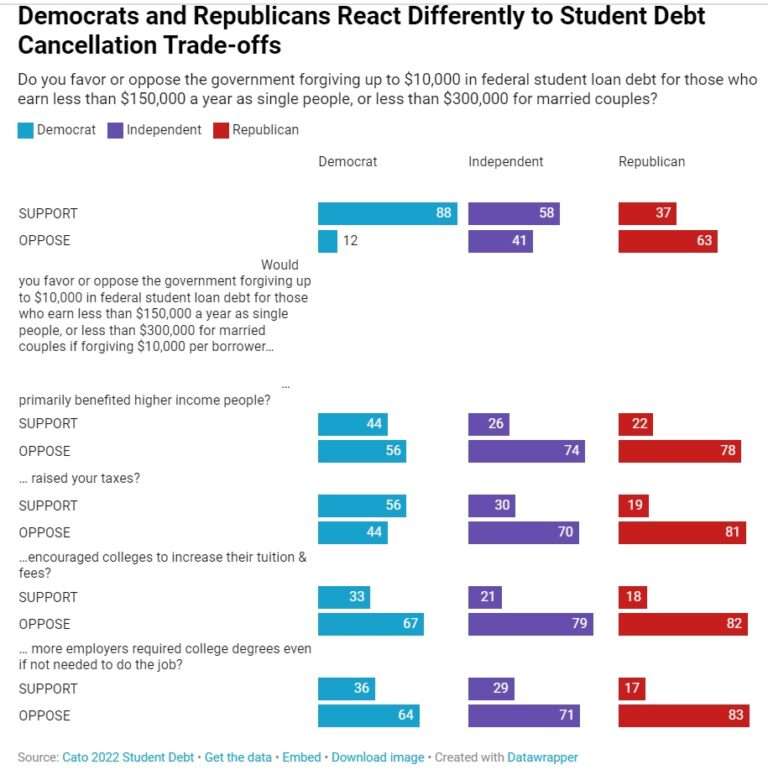acesfull86
Well-known member
https://www.nber.org/papers/w30404#fromrss
Estimates reveal that growing endowments generate large and persistent increases in spending overall and for instruction, student services, and administration in particular. However, wealthier colleges and universities do not increase the number of students they serve or the fraction of students receiving aid, and only modestly increase the generosity of aid packages. Instead, these institutions offset higher freshman yield rates by becoming more selective and enrolling fewer low-income students and students of color. Overall, colleges and universities appear to use greater endowment wealth to increase spending and to become more selective, resulting in higher institutional rankings, but do not increase the size or diversity of their student bodies. The results are important in light of the preferential tax treatment of endowments and interest in increasing access to elite postsecondary education for underserved populations.
Estimates reveal that growing endowments generate large and persistent increases in spending overall and for instruction, student services, and administration in particular. However, wealthier colleges and universities do not increase the number of students they serve or the fraction of students receiving aid, and only modestly increase the generosity of aid packages. Instead, these institutions offset higher freshman yield rates by becoming more selective and enrolling fewer low-income students and students of color. Overall, colleges and universities appear to use greater endowment wealth to increase spending and to become more selective, resulting in higher institutional rankings, but do not increase the size or diversity of their student bodies. The results are important in light of the preferential tax treatment of endowments and interest in increasing access to elite postsecondary education for underserved populations.

